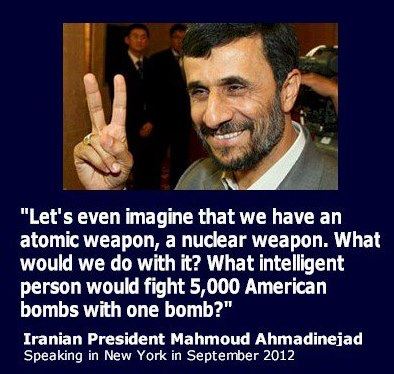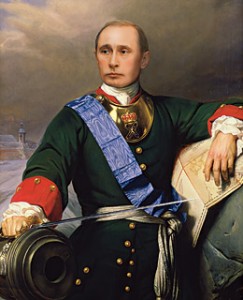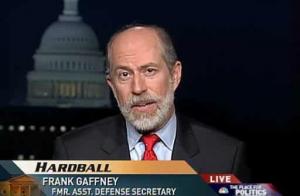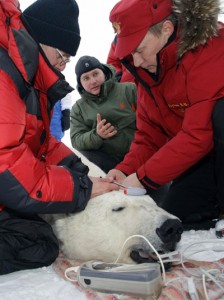Both War Party candidates (Mr. Romney and Mr. Obama) have stumbled all over themselves — and each other — to promise the government of Israel they won’t let Iran produce a nuclear bomb.
Unless they begin to believe their own propaganda as Kennedy did (which inadvertently fired-up the nuclear arms race between the U.S. and the Soviet Union), it’s the one campaign promise they’ll both be able to easily keep at almost no cost.
U.S. Defense Sec. Leon Panetta: “Are they [Iranians] trying to develop a nuclear weapon? No.” –Panetta Admits Iran is Not Trying to Develop a Nuclear Weapon, CBS’s “Face The Nation” Jan. 8, 2012
—The Buried Lead on Iran: All Nuclear Sites Routinely Inspected, No Violations Antiwar.com
Iran to Allow Nuclear Inspectors Into Secret Military Complex
+
Iran has announced it will allow international nuclear inspectors to visit its secret Parchin military complex. Iran has long said its nuclear program is for civilian purposes only, but some international analysts have speculated Iran may be using the Parchin complex to do research relevant to nuclear weapons. It is not clear when inspectors from the International Atomic Energy Agency will visit the site. –Democracy NOW! HEADLINES, March 06, 2012SEYMOUR HERSH: …let me say again, there is no evidence that our intelligence community or even the Israeli intelligence community has — and I know that firsthand — suggesting that there’s an ongoing bomb program. So we are now — the United States is now in the position of increasing sanctions and pressuring all sorts of economic pressure on the Iranians to stop — the whole purpose of the economic sanctions is to stop the Iranians from making a bomb that we know they’re not making. –Training Terrorists in Nevada: Seymour Hersh on U.S. Aid to Iranian Group Tied to Scientist Killings
So everyone, including U.S. and Israeli intelligence, knows that the Iranian government isn’t trying to make a bomb. Unless a seriously careless Iranian scientist slips on a banana peel and pushes the wrong 10,000 buttons in exactly the right sequence, there’s little chance Iran — which, unlike Israel with its estimated 100 secret nukes, has signed the Nuclear Non-Proliferation Treaty — will build even one bomb.
How hard can it be to stop someone from doing something they’re not doing? So, is the War Party candidates’ mutual promise to the government of Israel to prevent Iran from producing a nuclear bomb the easiest campaign promise?
Or, as with Kennedy and the nuclear arms race, Iraq, and now Iran, is THIS the main danger – – –

For further information: Common Sense: IRAN: A Medley Against the MIC (MilitaryIndustrialComplex)









